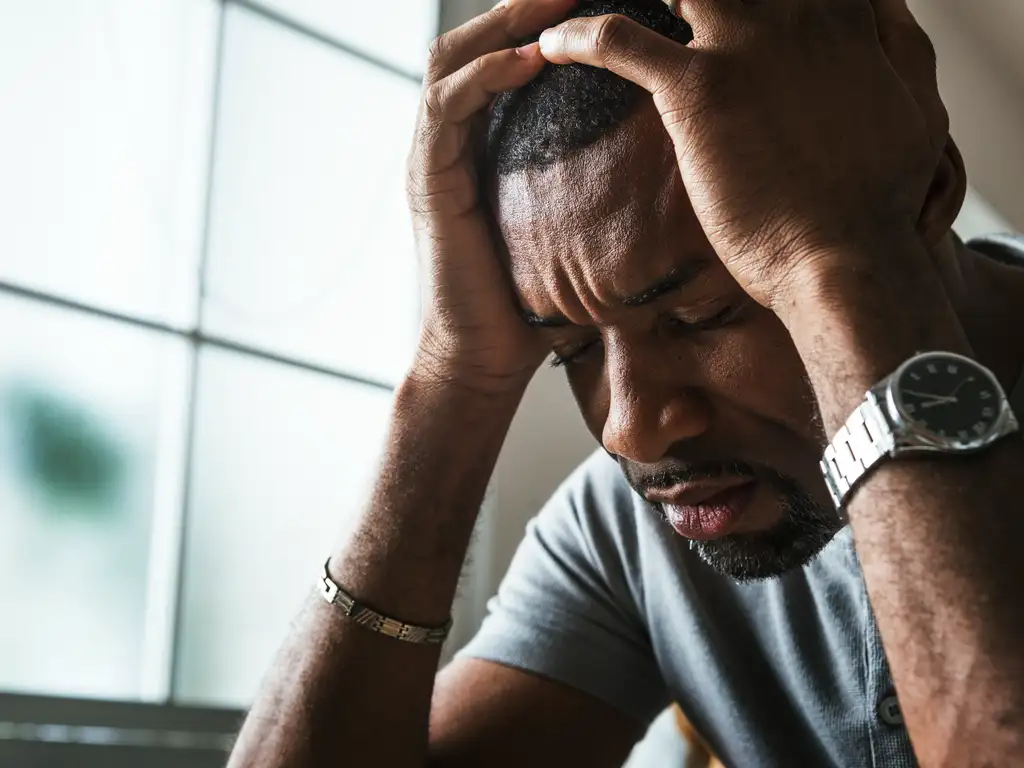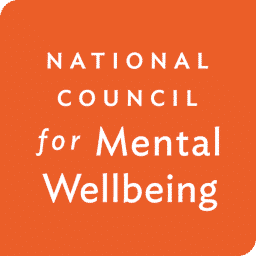According to the World Health Organization (WHO), about 280 million are experiencing depression worldwide. That’s 3.8% of the population, and 5% of those with the mental health disorder are adults. These numbers may seem low, but over 700 thousand people die because of suicide yearly, making it the fourth leading cause of death in people aged 15 to 29.
Depression doesn’t choose a particular age or race; it can affect anyone. Knowing what depression feels like can be difficult to explain, but it’s crucial for those who have never experienced it or are concerned about a loved one.
Let’s learn more about depression, how it affects a man, woman, parent, and kids, and how people can get help.

What Is Depression?
Depression is a complex mental health condition beyond occasional sadness, low self-esteem, or low mood. It’s characterized by persistent feelings of sadness, hopelessness, and a lack of interest or pleasure in activities. It can significantly impact a person’s daily functioning, relationships, and overall quality of life.
Types of Depression
There are various types of depression, including clinical depression, also called major depressive disorder (MDD), persistent depressive disorder (PDD), seasonal affective disorder (SAD), and bipolar disorder. Each type of mental illness manifests differently, but they all share the common thread of a deep emotional and psychological struggle.
Signs and Symptoms of Depression
The symptoms of depression may vary from person to person, but some common signs include:
- Persistent feeling of sadness, emptiness, or hopelessness that lasts more than two weeks.
- Loss of interest or pleasure in activities once enjoyed.
- Fatigue, lack of energy, and decreased motivation.
- Changes in appetite, weight loss, and gain
- Sleep problems and disturbances, such as insomnia or excessive sleeping.
- Difficulty concentrating, making decisions, or remembering things.
- Feelings of guilt, worthlessness, or excessive self-criticism.
- Recurrent suicidal thoughts.
Risk Factors
While depression can affect anyone regardless of age, gender, or background, certain factors can increase the likelihood of developing the condition. These risk factors include:
- Family history of depression and mood disorder.
- Personal history of a previous major depressive episode.
- Chronic medical conditions or chronic pain.
- Substance abuse or addiction.
- Traumatic life events, such as losing a loved one or abuse.
- High levels of stress or ongoing stressful events, including financial problems.
- Social isolation or lack of social support.

Depression in Men
Depression in men often presents itself differently than in women. While, generally, symptoms of major depressive disorder are the same for men and women, men may be less likely to acknowledge or seek help for their emotional struggles. As a result, they struggle with untreated depression, which leads to behavioral changes and other mental health conditions.
Because clinical depression makes men feel extra self-critical, some may attempt to cope through:
- Drug and alcohol abuse
- Isolation from family and social situations
- Overwork
- Escapism
- Risk-taking behavior and self-harm
- Suicide attempts
Men often fail to recognize major depression and downplay depression symptoms. Some are also reluctant to discuss their symptoms and get treatment. Consequently, for men, depression feels like a giant weight trying to pull them down, and they may not know how to get out from under it.

Depression in Women
Women have an increased risk of developing depression than men because hormonal factors can also play a role in having depressive disorders. Some unique forms of depression that affect women include:
Premenstrual Dysphoric Disorder
Premenstrual dysphoric disorder (PMDD) is a severe premenstrual syndrome (PMS). It typically occurs at least two weeks before menstruation, and depressive symptoms include intense mood swings, irritability, sadness, and physical symptoms like body aches, bloating, and breast tenderness.
Perinatal or Prepartum Depression
Perinatal or prepartum depression refers to depressive episodes that occur during pregnancy. Hormonal fluctuations, changes in body image, and anxieties about becoming a parent can contribute to this condition.
Postpartum Depression
Postpartum depression (PPD) occurs after giving birth. It can negatively affect a woman’s ability to care for herself and her child. Symptoms may include intense sadness, difficulty bonding with the baby, feelings of guilt or inadequacy, and thoughts of harming oneself or the baby.
Parents and Depression
As mentioned above, depression doesn’t choose an age, sex, or other demographic. Parents of all kinds can also have a serious mental illness, significantly impacting their ability to care for their children. Parents may feel like they can’t deal with all the responsibilities that come with parenting. They may feel overwhelmed, exhausted, incapable, and unable to cope with the demands of life. Clinical depression can be like a fog that keeps parents from seeing, making decisions, and connecting with their kids.

Children and Depression
Children can experience depression, too, although their symptoms may manifest differently from those of adults. What makes depression in children more concerning is that younger kids may not be able to articulate their feelings and, therefore, won’t recognize them as depression.
Common symptoms of depression in children can include:
- Constant feeling of sadness or hopelessness.
- Frequent irritability or anger.
- Withdrawal from friends, family members, and activities.
- Changes in appetite and sleep patterns.
- Difficulty concentrating or a decline in school performance.
- Physical complaints such as stomach aches or headaches.
Depression in children can feel like having thick, dense clouds hanging over them. There will be no sunny days, and the darkness can feel infinite. It can be difficult for children to understand why they feel this way and how to make it stop.
Seek Professional Treatment for Depression at CarePlus New Jersey
CarePlus New Jersey has multiple location throughout the Northern part of New Jersey. Treating all populations, our clinical team provides individual therapy, support groups, and medication management.
If you or someone you know is experiencing symptoms of depression, it’s crucial to seek help from a mental health professional. Treatment options for clinical depression may include psychotherapy to explore thoughts, emotions, and behaviors and develop healthier coping strategies. Certain medications prescribed by a healthcare provider also aid in managing symptoms.
Support networks also play a vital role in helping individuals overcome persistent depressive disorder. Lastly, incorporating healthy habits into one’s life can help manage severe depression.
If you feel depressed and have suicidal thoughts, the 988 Suicide and Crisis Lifeline is available 24 hours a day at 988 or 1-800-273-TALK (1-800-273-8255).
Remember, seeking help is not a sign of weakness but a brave step toward recovery. Depression is a treatable medical condition, and with the right support, resources, and treatment, individuals can reclaim their lives and find hope, healing, and happiness again. Begin your journey today and easily schedule and appointment via our online form today.
Sources:
https://www.who.int/news-room/fact-sheets/detail/depression
https://www.psychiatry.org/patients-families/depression/what-is-depression
https://www.medicalnewstoday.com/articles/314071#causes-and-risk-factors
https://www.mayoclinic.org/diseases-conditions/depression/in-depth/male-depression/art-20046216
https://www.medicalnewstoday.com/articles/324312#symptoms
https://www.healthline.com/health/depression/symptoms-of-depression-in-men
https://www.webmd.com/depression/guide/depression-women
https://www.nimh.nih.gov/health/publications/depression-in-women
https://www.medicalnewstoday.com/articles/237109
https://psychcentral.com/depression/what-are-the-symptoms-of-depression-in-women
https://childmind.org/article/parenting-through-depression/
https://www.webmd.com/depression/guide/depression-children
https://kidshealth.org/en/parents/understanding-depression.html
https://www.verywellmind.com/what-depression-feels-like-5088793

Dana Czachorowski, MA, LPC
Dana Czachorowski, MA, LPC has been working with children and families for the las 15 years. She has spent the majority of her time working as part of New Jersey’s Children’s System of Care and is currently Senior Director of Children’s Mobile Response and Stabilization Services in Bergen County at Care Plus NJ. Dana specializes in working with families in crisis.








